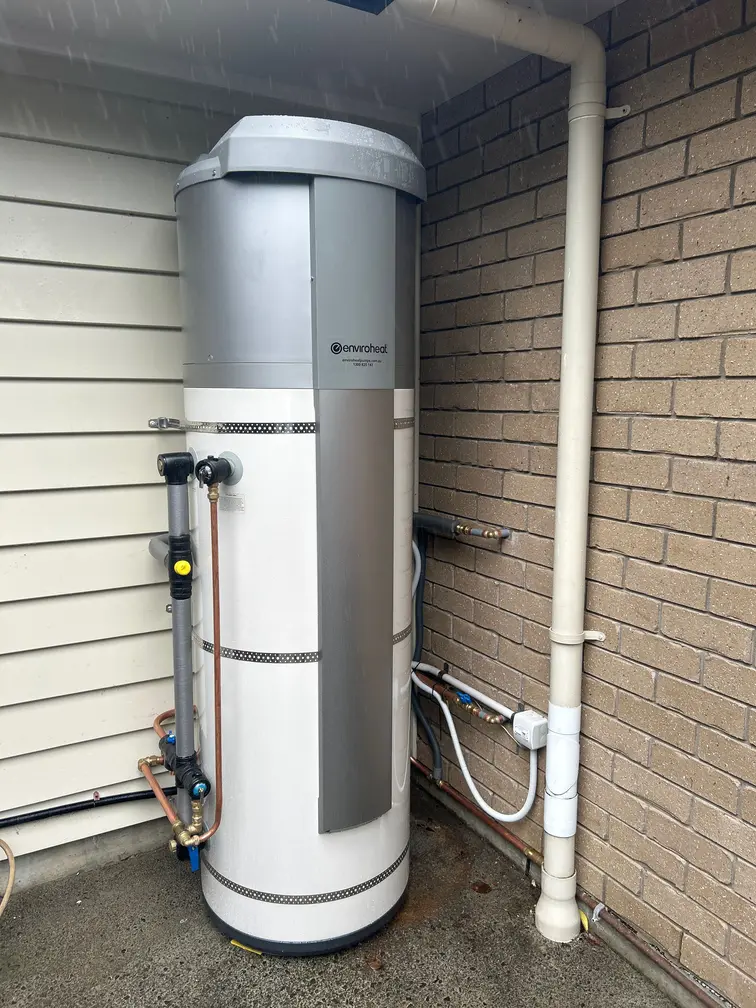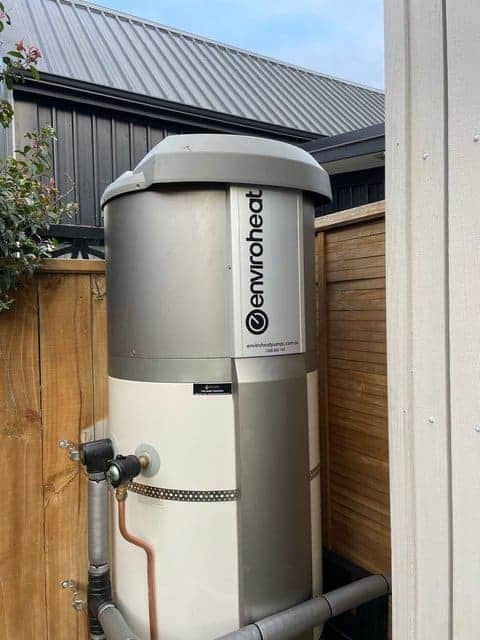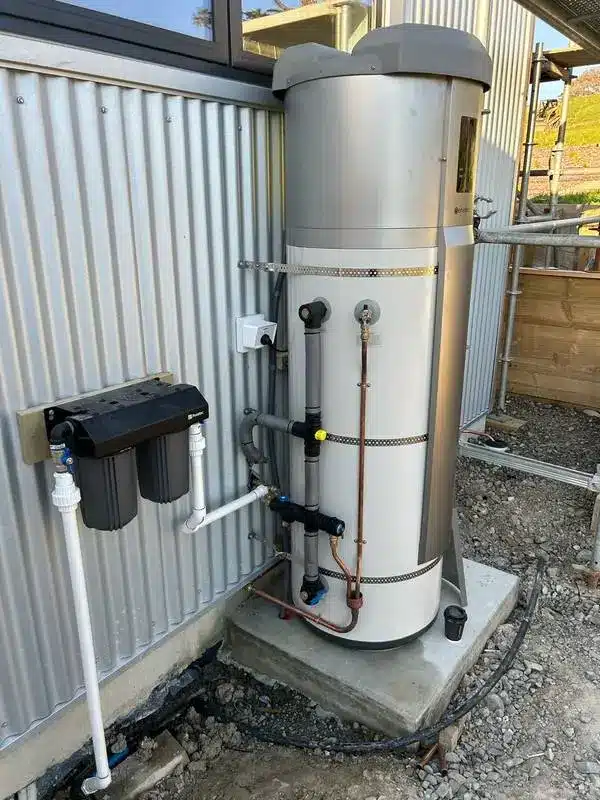Your hot water system is one of the most important appliances in your home. It provides hot water for showers, washing dishes, doing laundry, and more. However, hot water heaters don’t last forever. If yours is reaching the end of its lifespan, you’ll need to upgrade to a new one soon. Here are signs to look for to determine if your water heating system needs replacing.
Age of the System
The average water heater lasts 8-12 years. Tankless water heaters have a longer lifespan of 10-15 years on average. Check the manufacture date or installation date on your hot water system to see its age. If it’s close to or past those timeframes, replacement should be on your agenda. Old units become less efficient and are more prone to leaks and failures.
You Have Frequent Problems
If your hot water heater is constantly giving you issues, that’s a clue a new one is needed. This includes things like sediment buildup requiring frequent draining and flushing, strange noises indicating internal failures, small leaks, rust accumulation, and more. Ongoing maintenance and repairs mean the system is wearing out. At some point, replacement makes better financial sense than continually fixing problems with an aging unit.
Insufficient Hot Water
If you find you frequently run out of hot water or that the temperature isn’t hot enough, your hot water heater may not be working properly. Lower water volumes, pressures, or temperatures – especially if new recently – indicate capacity, heating element, or thermostat problems. It’s not worth repairing an old system exhibiting these issues. Put money toward a new high-efficiency model instead.
High Energy Bills
Have your energy bills been rising lately even though your hot water use hasn’t changed? That often means the system needs to work harder to heat water because of inefficiency related to age or mineral buildup. Check your bills from the past few years. If costs are at least 10% higher, your hot water system is likely faltering. Running new heaters costs substantially less in most cases.
Water Odor or Discoloration
Smelly, rusty, or discolored water are red flags. Those problems signify failing tanks and internal components. While flushing and anode rod replacement may help temporarily, the overall system integrity is compromised. At that point, continuing to use the appliance risks safety hazards plus contaminated hot water. Be proactive about upgrading before lackluster water becomes a nuisance requiring pricey remediation.
High Levels of Sediment
Related to odor and discoloration problems, heavy sediment accumulation also indicates a faulty unit. All water contains mineral deposits that normally sit at the bottom of the tank. But substantial buildup that requires frequent draining suggests serious internal corrosion and damage. The drain valve expelling lots of sediment when opened is a surefire sign of a failing system needing replacement.
Leaking Water
One of the most obvious upgrade signals is visible leaking from the hot water tank itself or related plumbing connections. Minor drips often turn into huge puddles or even catastrophic rupturing and flooding. Never ignore leaks or put off replacing an actively leaking outdated appliance. The costs to repair flood damage offset new water heater prices, not to mention the headaches of water-logged flooring, walls, and possessions.
Clanging, Humming, Knocking Noises
Strange noises like clanging or loud humming from your water heating unit merit concern. Knocking or popping sounds when the system activates also indicate problems. Those types of rackets suggest loose, shaking internal components. As heaters age, parts wear out and lose stability leading to disruptive rattling commotions. The sounds get progressively louder over time, signaling declining mechanical integrity.
Final words
Hot water plays an indispensable role supplying one of life’s essentials – heated water. Don’t take chances on outdated or problem-prone systems. Use the signs above to determine if your hot water heater requires replacement. Catching issues early allows ample time for appliance upgrades. But waiting too long risks unexpected failures and costly emergency repairs or water damage. Know when it’s time to invest in a new high-efficiency hot water heater for reliable performance. Your home and family’s comfort will benefit for years to come from proactive upgrades as needed. Contact us for your hot water heat pump needs!


